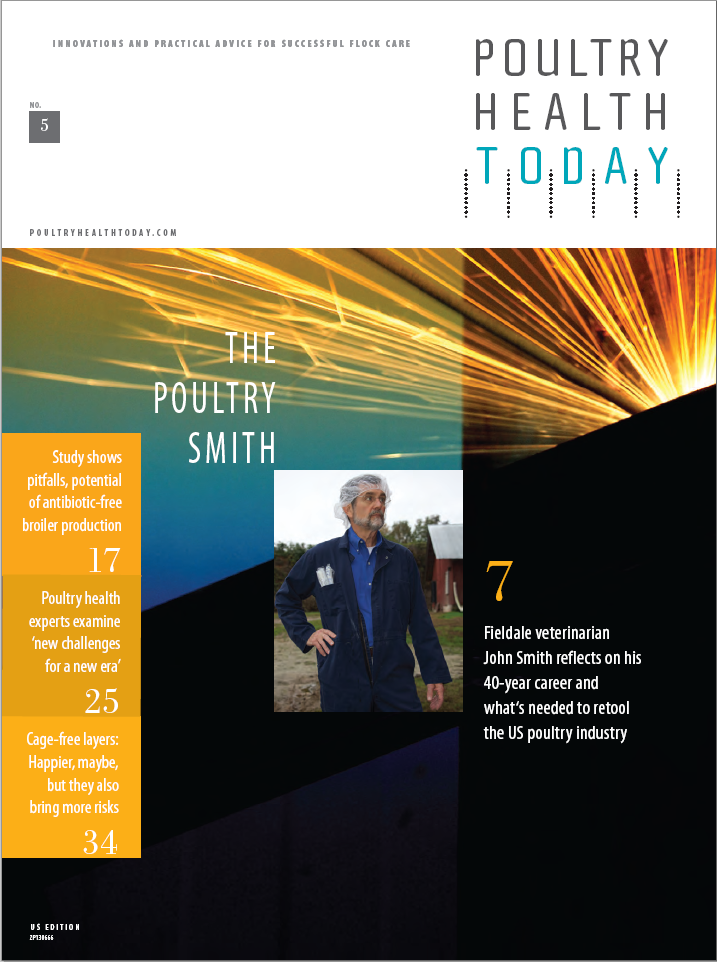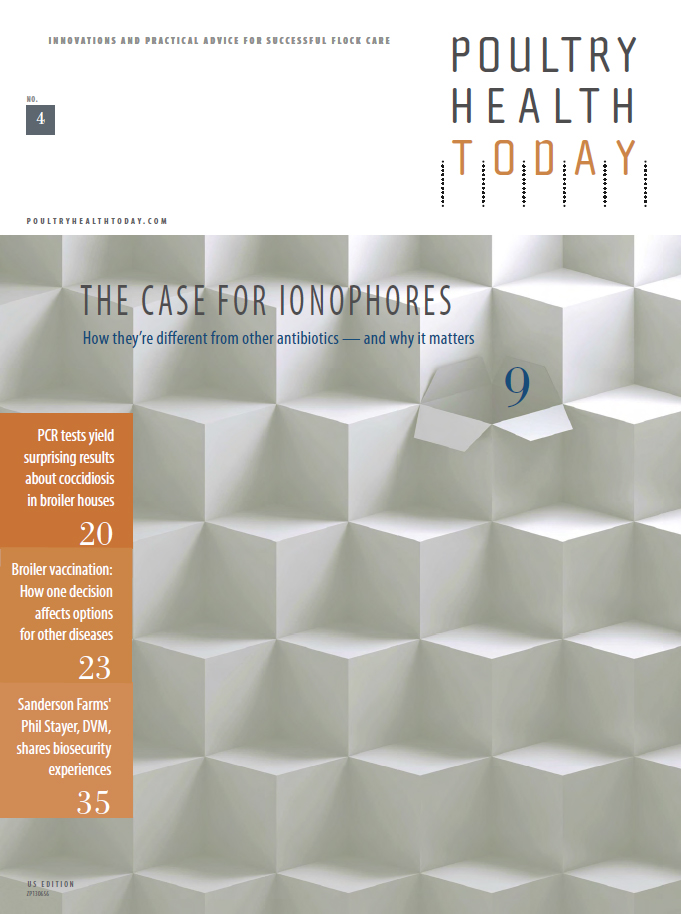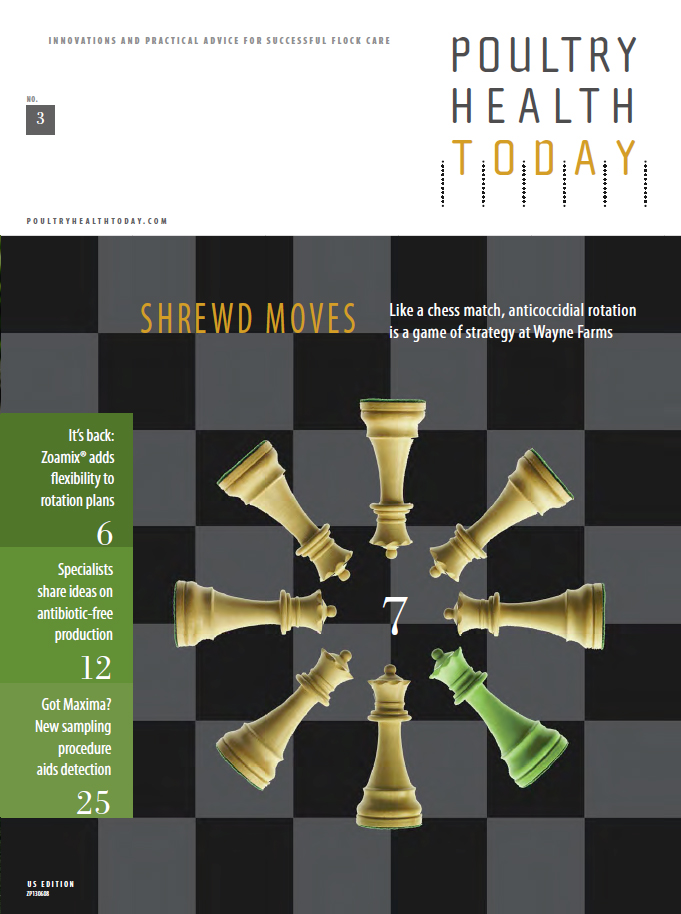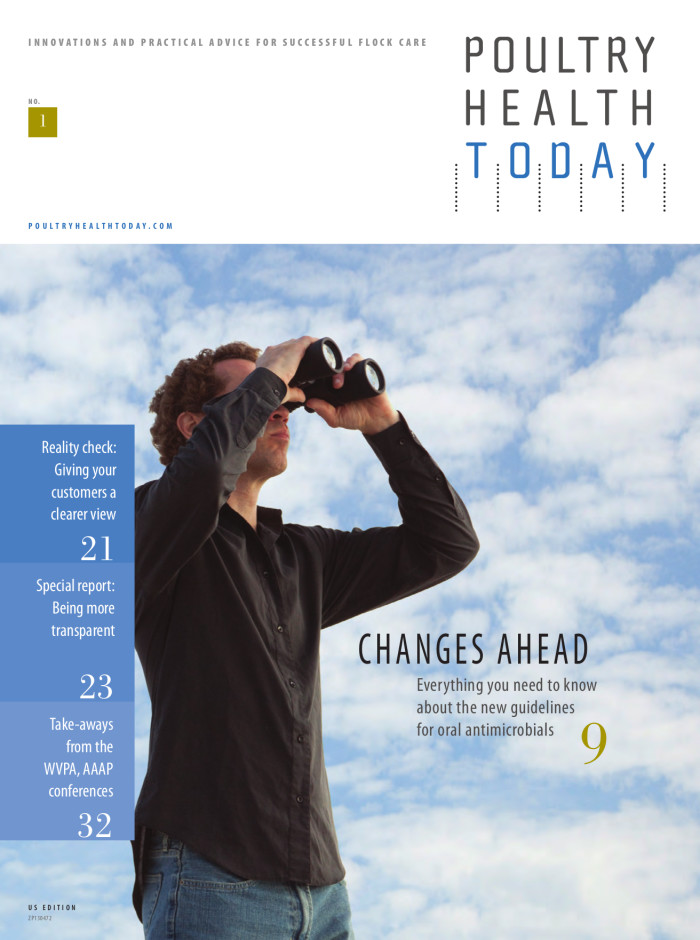

Doing A 180

A little education goes a long way toward changing consumer attitudes about antibiotics
What a difference a few paragraphs can make.
Back in 2008, Pfizer Animal Health (now Zoetis Inc.) conducted market research to get a better handle on consumer opinions about the use of antibiotics and other medicines for the treatment of sick farm animals.
Although the study was done more than 5 years ago and was specific to beef, dairy and pork, the results still demonstrate how a small dose of education can have a big — and positive — impact on consumer perceptions.
The survey involved more than 2,100 people in the US, ages 21 to 65. All participants were "non-vegans"; 73% of them were women; and all shopped for groceries at least once a week and had purchased dairy, beef or pork products in the last month. To maintain objectivity, researchers did not identify Pfizer as the study sponsor.
BASELINE KNOWLEDGE
All participants were initially asked a few baseline questions about livestock production, particularly about the management of sick and at-risk animals. About 40% of respondents rated their knowledge of production as very low — 0 to 3 on a scale of 10 — or said they were "unsure," depending on the animal in question.
The participants' baseline confidence in safety, wholesomeness and quality was moderate. Less than 30% gave these characteristics a 9 or 10, and in some cases, the percentage receiving that ranking was as low as 16%.
Based on their recent purchases, participants were split into beef, dairy and pork sub-groups and were then handed a one-page summary — about 250 words — that described current regulatory and production practices related to animal-health medicines used in that particular species (see accompanying sample).
Key messages in the handoutopportunities
- Veterinarians are involved in animal care.
- FDA approves medicines used if animals get sick.
- Animals that receive antibiotics are not allowed to enter the food supply until a withholding period has elapsed to ensure the medicine has sufficiently cleared the animal's system.
- Government agencies require the testing of milk and meat to ensure the absence of violative residues.
BIG ATTITUDE SHIFT
That's when consumers started to change their tune.
After reading the simple narrative for dairy, the percentage of participants giving dairy wholesomeness a score of 9 or 10 on a 10-point scale increased by 46%. Similar rankings for beef wholesomeness and safety increased by 59% and 48%, respectively, while for pork, the same ratings each increased by 63%.

Other notable changes in consumer perceptions:
- At baseline, more than 40% felt that animals receiving antibiotics should not be allowed into the food supply. After reading the narrative, 70% to 75% of participants agreed that "sick animals should be treated with antibiotics if all the practices mentioned in the description are followed."
- At the beginning of the study, about half of the participants expressed concern that antibiotics given to farm animals might end up in their food. After reading the four-point narrative, more than two-thirds agreed, "the practices described seemed adequate in ensuring animal products are safe for me and my family."
'REALLY? THEY USE VETERINARIANS?'
The study's results also showed that only a small percentage of consumers were aware that farm animals were raised under the care or oversight of a veterinarian. In this study, 40% to 50% either were "unsure" or did not believe the statement. After the narrative, two-thirds of respondents said this fact improved their confidence.
The study also showed low consumer awareness of the government's effort to regulate antibiotics or monitor meat and milk for unsafe levels of antibiotics — both of which were rated highly as safety confidence-builders for these products.
Sample Narrative Given To Consumers
Below is a sample narrative Zoetis used in its market research to educate consumers about food-animal production practices. Though specific to cows, the text may be helpful when telling your story to poultry customers and consumers.
Cows are raised by a team of people committed to the animals' health and creating wholesome, high-quality food for consumers. From the beginning of cows' lives, veterinarians have a very important role in overseeing their health. As a part of their care, vaccines are oftentimes administered to cows to protect them from various illnesses.
As with any animal or human, cows can sometimes get sick over the course of their lives. In these situations, FDA-approved medicines, like antibiotics, are used to treat sick dairy cows under the supervision of licensed veterinarians.
If an antibiotic is administered to help a sick cow, then that cow's milk is not allowed to enter the food supply until the antibiotic has sufficiently cleared the animal's system. During this "withholding period," the cow's milk is discarded. The withholding period, which is established by the FDA for each approved antibiotic, ensures that the antibiotic does not end up in the milk and dairy products found in grocery stores and markets where you make milk and dairy purchases.
There is also an extensive testing system in place to ensure that no traces of antibiotics are in milk and dairy products. For instance, every load of milk sold by a dairy producer is tested multiple times for traces of antibiotics as established and overseen by state and government agencies. If their dairy products, including milk, test positive for any traces of antibiotics, these products are destroyed and the offending dairy producers are faced with steep fines.
More Issues













